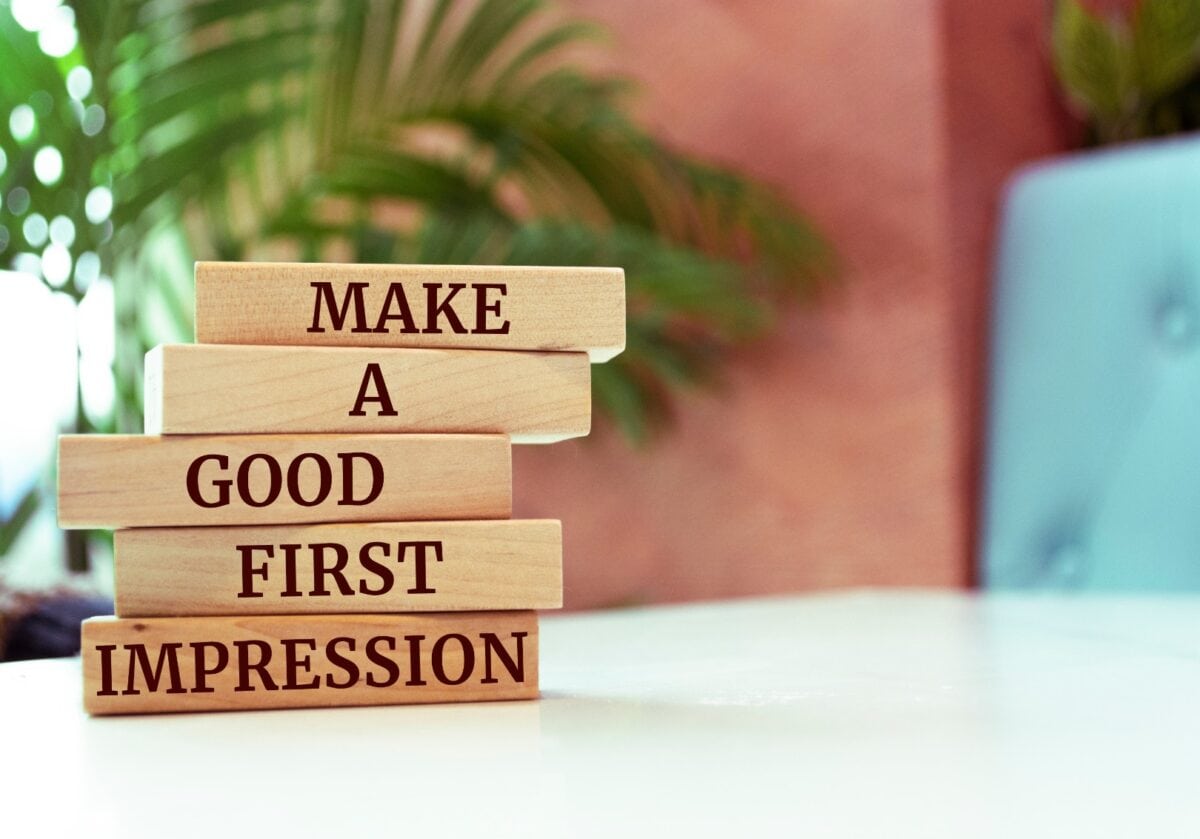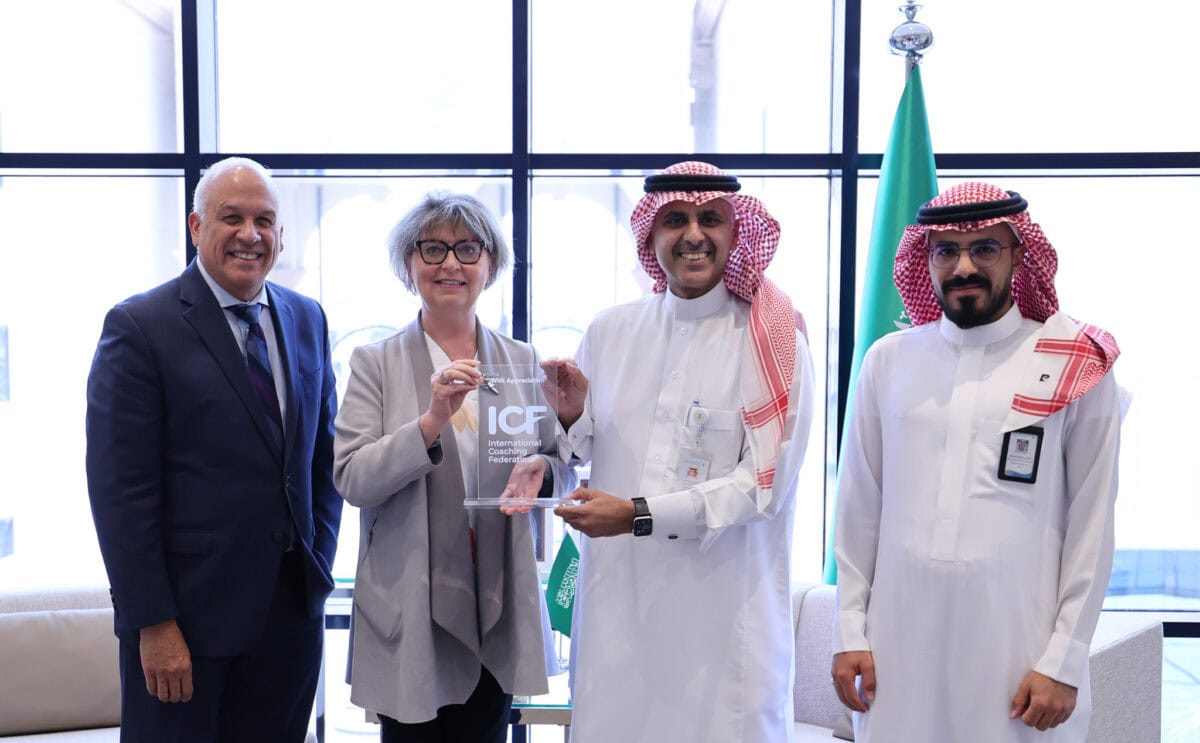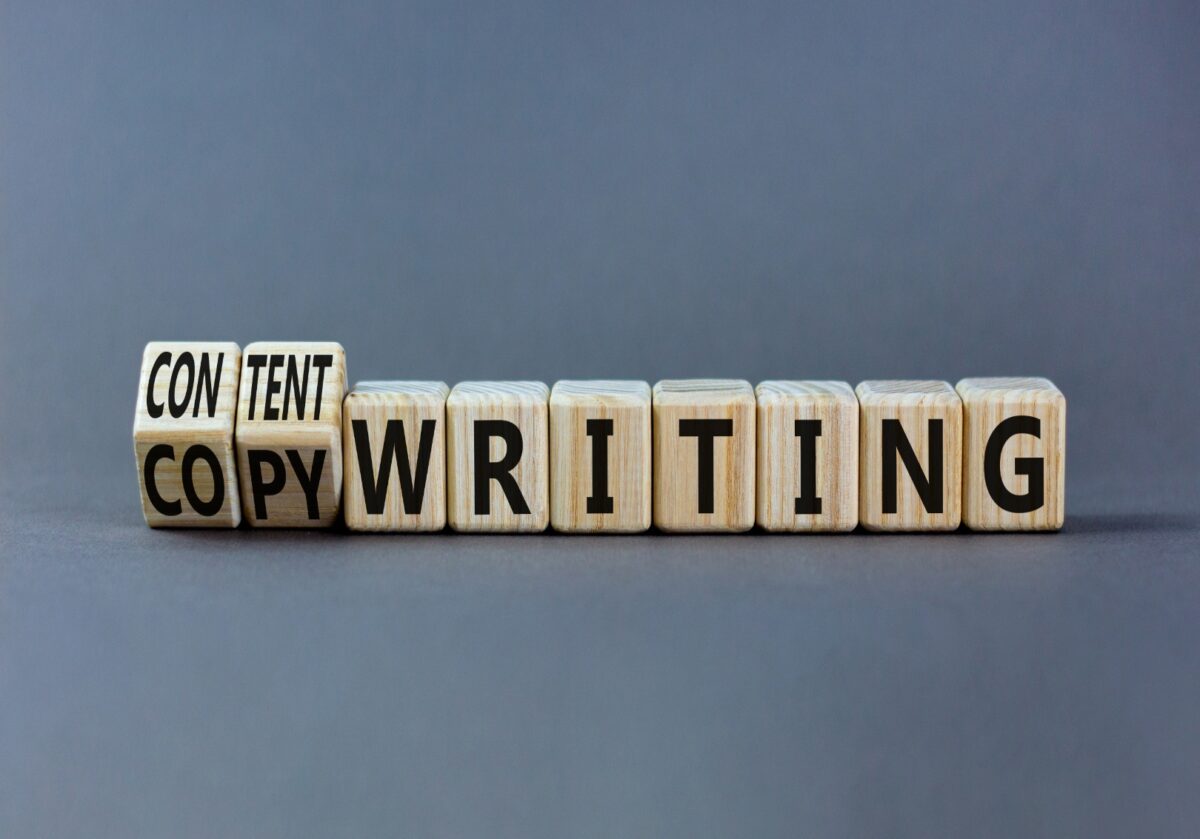Featured Post
Explore the Latest Posts
Search
Topic
Post Type
Audience Type
Author
How Stress Impacts Leadership and How Coaching Can Help
How Stress Impacts Your Leadership and How Coaching Can Help Does Your…
The Power of First Impressions in Coaching
As a leadership coach, I am continuously reminded of the critical role…
Team Coaching Beyond Frameworks: Creating Space for Teams to Grow
The Call to Something More Many coaches reach a tipping point. They’ve…
Building Bridges: How Strong Relationships Elevate Coaching Impact
What if the biggest barrier to success wasn’t a lack of skill…
Mental Well-Being: A Coach’s Must-Have Toolbox
Over the years, I’ve watched the coaching landscape change. Mental well-being is…
Action Plans Reimagined: 3 Coaching Strategies
In the art of coaching, few structures have been as celebrated —…
Step Into Your Coaching Journey: Why New Coaches Should Attend ICF Converge 2025
Starting out — or leveling up — in your coaching career can…
5 Ways to Create a Coaching Education Program That Earns Loyalty
Ever wish you could time travel? If I could go back to…
Top Coach Formulas: Work Smarter. Win Trust. Wow Clients.
Coaching is about presence, clarity, and deep connection. But often, your energy…
Breaking Barriers: Thriving as a Young Coach
A Changing Landscape When I first started my coaching journey, I noticed…
Strengthening Coaching in the Middle East
The Global Growth Blog Series | Part 1 Coaching is growing all…
Countdown to ICF Converge 2025: Your Roadmap to the Coaching Event of the Year
Every coaching journey has defining moments — those times when your thinking…
How to Ask Your Boss (and Get a Yes) to Attend ICF Converge 2025
Your organization needs you now more than ever — and to meet…



















